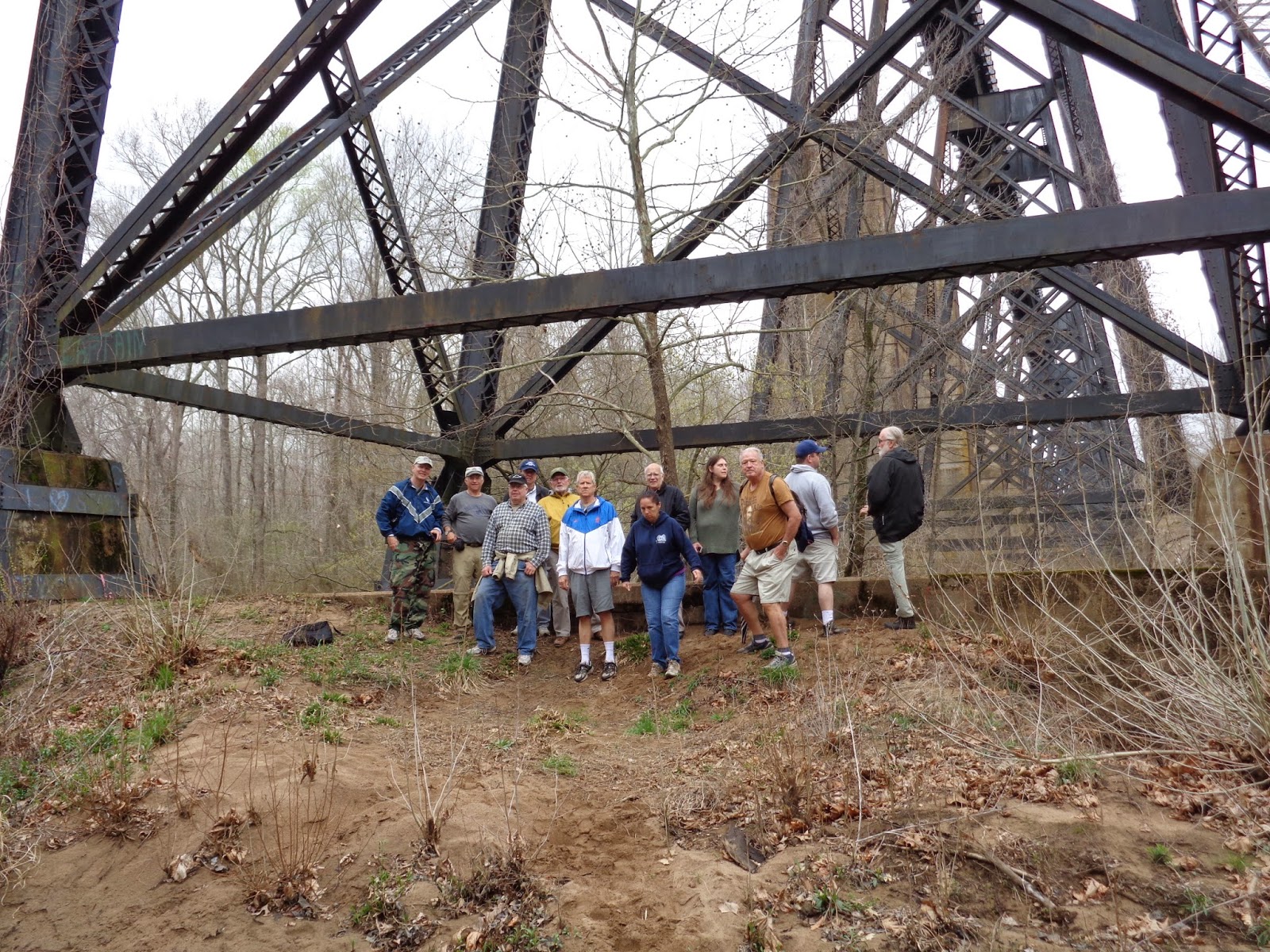April 30, 2015 Morning minyan GJC
A Talk about the Torah portion Aharet Mot/ After the death from the book of Leviticus
Some of you heard my talk before Pesach about the Union soldiers who cobbled together a seder from very bitter herbs, a brick (to symbolize the charoset) and a lot of wine. The very next week I went on an amazing road trip to commemorate the 150th anniversary following the trail of the final week of the Civil War. This ended in a very moving 4 days at Appomattox and then on to Washington DC for a commemorative program at Ford’s Theater.
When I realized that the parsha./Torah portion this week was Aharet Mot/Kedoshim-I
wanted to follow up that talk as this is the 150th anniversary of the weeks
when Abraham Lincoln’s funeral train traveled from Washington, Baltimore, Philadelphia
and beyond.
The train arrived in Philadelphia on April 22, 1865 and the next morning nearly 500,000 people waited in lines for 19 hours at Independence Hall to pass by the casket. In small towns along its 1400 mile journey, crowds in cities and lone people stood on the side of the road just to catch a glimpse of the 'precious cargo' and stand in silent sorrow. It reached its destination in Springfield Illinois, on May 3.
Aharet Mot refers back to the aftermath of Aaron and his sons inauguration as kohanim (priests) which turned from a most triumphant day only to be dashed by the death of his sons.
Aharet Mot seems to me to also mirror the most triumphant 4 days of Abraham Lincoln’s
life: the final surrender of Lee to Grant followed by the surrendering of the confederate arms on April 12.
But just two days later on April 14, Lincoln, in a buoyant mood, surrounded by a national capital in celebration, rode his carriage to Ford’s theater for an evening of much needed entertainment.
Joy only to be dashed by his assassination and ultimate death at 7:22 the next morning.
Aharon’s response was silent sorrow.
So, I invite us to hold a moment of silence in remembrance of that awful time 150 years ago.
So, I invite us to hold a moment of silence in remembrance of that awful time 150 years ago.
Let me finish with this from Lincoln‘s second
inaugura which rings true today:
With malice toward
none, with charity for all, with firmness in the right as God gives us to see
the right, let us strive on to finish the work we are in, to bind up the
nation's wounds, to care for him who shall have borne the battle and for his
widow and his orphan, to do all which may achieve and cherish a just and
lasting peace among ourselves and with all nations.




















































